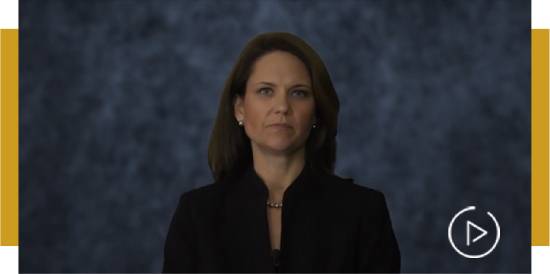





Virginia Drug Lawyer
Drug offenses vary widely based on the controlled substance involved in the charge and other factors such as the severity of the alleged crime — for example, simple possession offenses normally carry lesser penalties than distribution and trafficking charges. If you are facing narcotics charges in the Commonwealth of Virginia, it may be in your best interests to consult an experienced criminal lawyer who can explain the charges you face and discuss your options.
Virginia Drug Statutes
Criminal code Section 18.2-250 covers possession of controlled substances, making it illegal for a person to intentionally acquire a controlled substance not prescribed to them by a medical practitioner. Section 18.2-248 deals with distribution of controlled substances.
Although only a Virginia lawyer can explain how the law may apply to fact-specific circumstances, we have provided a brief overview of the major drug statutes.
Drug Schedule System in Virginia
In Virginia, controlled substances are divided into six Schedules. Schedule I substances are deemed the most dangerous while Schedule VI substances have been reported in few cases of addiction, if any at all.
- Schedule I (dangerous and addictive, no medical use): GHB, Heroin, LSD, and Ecstasy
- Schedule II (highly addictive, some medical use): Methadone, Methamphetamine, Cocaine, PCP, Morphine
- Schedule III (highly addictive, frequent medical use): Steroids, Ketamine, Vicodin, Hydrocodone
- Schedule IV (some risk of addiction, prescription drugs): Rohypnol, Valium, Xanax
- Schedule V (minor addiction risk, cold medications): Codeine
- Schedule VI (little to no risk of addiction): Marijuana
Virginia is one of the few states to include a Schedule VI of controlled substances. These drugs carry the lightest penalties for convictions, and may result in deferred sentences.
What are the Penalties for Drug Crime Convictions in Virginia?
Possession of both Schedule I and II drugs is considered a Class 5 felony, and can carry a possible prison sentence of up to 10 years as well as up to $2,500 in fines. A Schedule III drug possession conviction is a Class 1 misdemeanor with a potential 12 month jail sentence and up to $2,500 in fines. Schedule IV drugs are the last tier of controlled substances that carry a potential jail sentence, and can result in up to six months in jail and/or $1,000 in fines.

Possession of Schedule V and VI controlled substances are both misdemeanors and carry the potential of fines up to $500 and $250, respectively.
Drug distribution carries much harsher penalties than simple possession, and vary based on the amount the accused intended to sell and the specific controlled substances involved in the alleged crime. Intent to distribute a Schedule I or II substance carries a minimum prison sentence of five years (up to a maximum of 40) and a fine of up to $500,000, for example. State code Section 18.2-248 covers each of the associated penalties for drug distribution in full. A Virginia attorney could help someone avoid or minimize the penalties of a drug charge.
What are the Defenses Against Drug Charges?
Simply owning or residing in a dwelling or vehicle where drugs are found to be present is not necessarily evidence that a person knowingly possessed the illegal controlled substance. As such, more proof is often required to secure a conviction under local drug laws.
In the best case scenario, a skilled Virginia lawyer may be able to argue that simple drug paraphernalia, such as a glass pipe or rolled up dollar bill, was not intended for the use of illegal substances. Normally under state law, ownership of drug paraphernalia is illegal and denotes any equipment, material, or product for the use or concealment of drugs.
In paraphernalia cases, prosecutors must prove that the items suspected in use were primarily used in relation to drugs, which usually requires more evidence than the mere presence of paraphernalia. An attorney could also look into these factors.
Contact a Virginia Drug Attorney Today
Drug laws are difficult to get a full understanding on because they vary so greatly depending on a number of factors. They include the type of controlled substance in question, the amount, your perceived intent with these substances, and even your past criminal history.
If you are the subject of an ongoing investigation in this area, we suggest you call us today and set up a free consultation where a Virginia drug lawyer with our firm could explain what you might expect from the process that lies ahead.
Even if you have been formally charged, it pays to have a qualified legal professional help you understand why you face the charges you do, and what penalties could accompany a conviction in your case.
Once you and your attorney are on the same page, they can work their best to help build a defense strategy for your case. They can also work hard to keep you involved throughout the judicial process as possible to help you feel as comfortable as possible during a very difficult time. A drug charge can have some serious impacts on your life, and not just the legal penalties of a conviction. Let one of our attorneys work tirelessly on your behalf.
Do not send us confidential information related to you or your company until you speak with one of our attorneys and get authorization to send that information to us.
